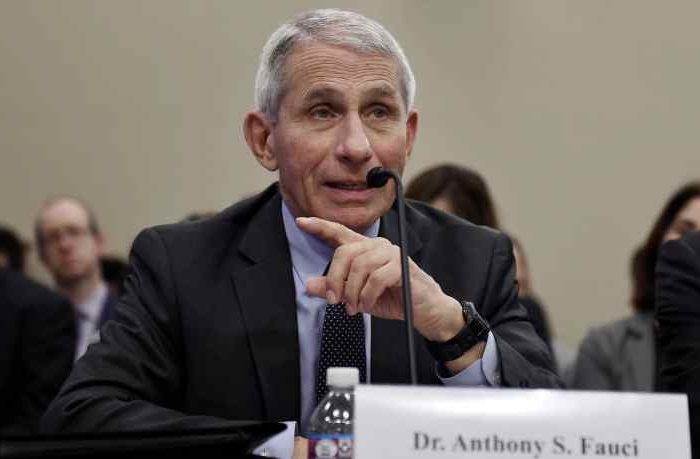Herd immunity seems to be working for Sweden: Sweden, which never had lockdown, sees COVID-19 cases go down as rest of Europe fears second wave of coronavirus

With millions around the world under lockdown amid the coronavirus pandemic, one Scandinavian nation stands almost alone. As the rest of the world shut down their economies to stop the spread of coronavirus, Sweden made a contrary decision to keep its economy open. In Sweden, daily life continues largely as normal as Swedish health authorities took a radically different approach to tackling the virus.
On June 24, Sweden recorded its highest cases of 1,803 COVID-19 infections. Now, Sweden seems to have turned a corner and its herd immunity approach seems to be paying off. As European countries now worry about the potential second wave of coronavirus, new infections in Sweden, where full lockdown measures were not implemented, have been going down since late June.
According to the latest data, Europe currently has a total of 2 883 933 cases. Five countries reporting most cases are Russia (834 499), United Kingdom (302 301), Spain (285 430), Italy (247 158) and Germany (207 828).
The number of new cases per 100,000 people in Sweden reported over the last 14 days since July 29 dropped by 54 percent from the figure reported over 14 days prior to then, according to the latest data from World Health Organization (WHO).
In early April, Sweden received a lot of criticisms for its so called “herd immunity.” At the beginning of this pandemic, the World Health Organization (WHO) recommended the China’s containment model a way to slow the spread of the virus.

In late April, Sweden received a rare praise from WHO emergency expert, Dr. Michael Ryan for its response to the coronavirus. In a conference call with reporters, Dr. Ryan says Sweden could be ‘future model’ for coronavirus policy.
Sweden’s model is the opposite of China’s lockdown model. Unlike the United States, Sweden keeps much of its society running during the coronavirus pandemic and largely relies on its citizenry to self-regulate amid the pandemic.




